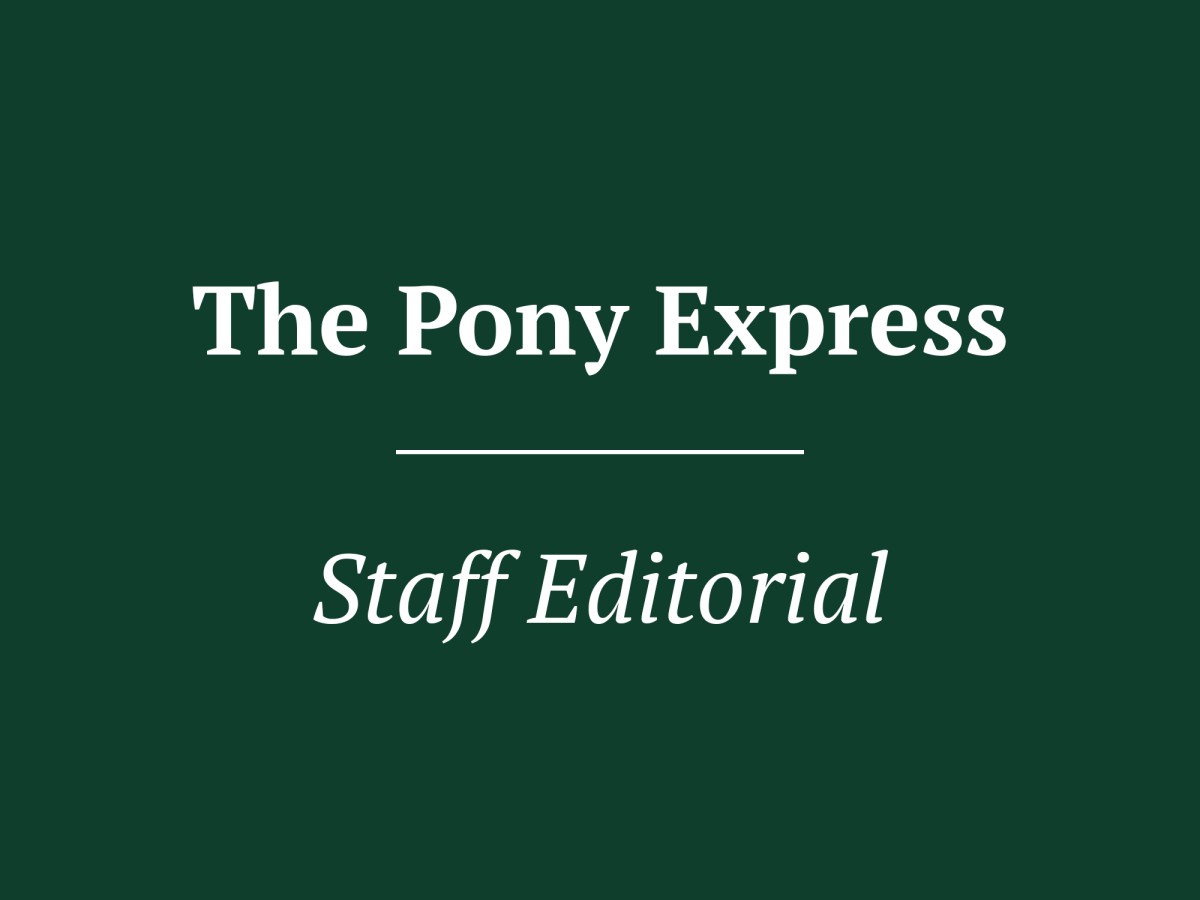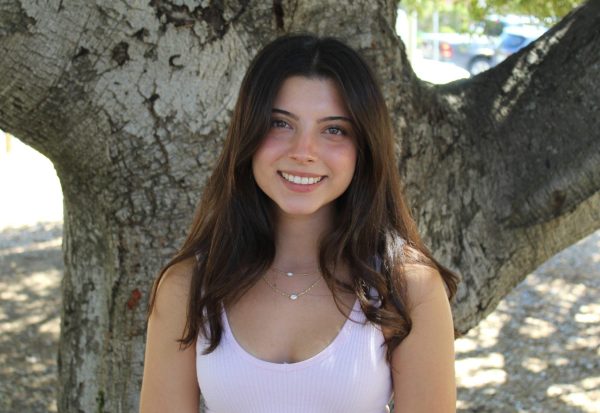Reinstate the death penalty. Prioritize domestic stability over sending aid money to warring nations. Keep the government out of economic markets. Leave religion out of politics. Vote for diplomatic leaders. Protect diversity in the workplace, higher education, and communities.
I feel seen, heard, but not fully understood. We live in a country so politically divided that votes are cast to faces and promises instead of beliefs and laws that shape the future everyone will live in.
A constant state of polarization has become normal, and it makes me feel ashamed. It’s awkward to sit out on both sides of a political debate, but what choice do I have when I’m simultaneously in agreement and opposition with each view?
I think women should be given the right to autonomy, that the immigration system needs reworking, and that everyone should be given equal opportunities.
But I also believe that punishments should suit crimes, that businesses would thrive with more freedom from taxation, and that the money being kept within the United States isn’t enough.
It’s strange to grow up in a time where parties have become so divided by people and not policies. Where a common phrase last November was “the lesser of two evils” and millions of Americans didn’t make a choice at all.
Where Beyoncé and Bryce Hall were rally guests on either side of the aisle. Where #Brat and #Trumpdrivesgarbagetruck were somehow associated with political campaigns.
Where I struggled to make a decision because I felt like there wasn’t a candidate who I agreed with. It’s hard to have a different opinion than the majority, especially when it comes to politics.
Each repost that doesn’t end up on my Instagram story, every “Republican” circle I filled in on my ballot, and every argument I make I stand firmly behind.
I feel awkward trying to explain how not aligning perfectly with the Democratic Party doesn’t mean I don’t support women’s rights, accessible healthcare, and diversity, but I have to because it’s what people assume.
Polarization in Marin has made it feel taboo to be anything but a solid Democrat, but the differences between my beliefs and theirs have nothing to do with taking away human rights or deporting families.
In the 2024 election, I voted for Kamala Harris. She wasn’t my ideal candidate, but she was the “lesser evil.”
Although I didn’t agree with the proposed higher taxes for larger corporations, I saw positives in her plans to develop affordable housing and protect women’s rights.
I absolutely disagree with Trump’s ideas on public education, but I saw value in increasing American coverage of foreign markets and encouraging more domestic production and manufacturing.
It’s normal for people to have different wants, ideas, and opinions in their careers, homes, and lives; it should be normal to have different preferences for presidents too.






































